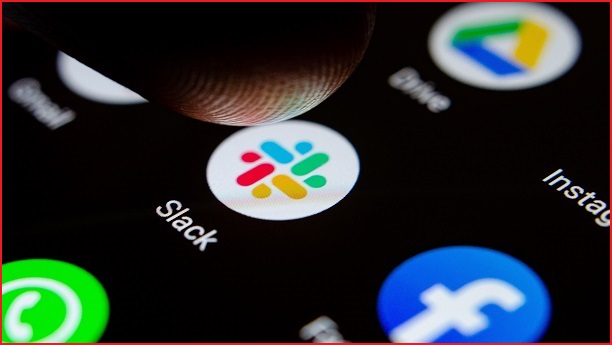Microsoft has abused its market position to crush competition, workplace productivity company Slack claims in a filing to the European Commission.
According to a statement from Slack, Microsoft has been unfairly forcing its enterprise chat software Teams on customers who install the market-dominant Office suite.
Slack said Microsoft has also stopped people from being able to remove Teams and is “hiding the true cost" of the mandatory software from its enterprise customers.
“Microsoft is reverting to past behavior,” said Slack lawyer David Schellhase.
“They created a weak, copycat product and tied it to their dominant Office product, force installing it and blocking its removal, a carbon copy of their illegal behavior during the 'browser wars'."
In the early 2000s, Microsoft was locked in a tense legal battle over similar accusations that it abused its market power to force Internet Explorer onto its customers, stopping browser competitors from fully entering the market.
“Slack simply wants fair competition and a level playing field,” Schellhase said.
“Healthy competition drives innovation and creates the best products and the most choice for customers.”
Microsoft said it would cooperate with European regulators but said Teams was a vastly different product to Slack because of its inclusion of video chat.
“With COVID-19, the market has embraced Teams in record numbers while Slack suffered from its absence of video-conferencing,” Microsoft said in a statement.
“We’re committed to offering customers not only the best of new innovation, but a wide variety of choice in how they purchase and use the product.”
Coronavirus lockdowns forced the sudden adoption of remote workplace technology like Slack, Teams, and Zoom.
While the rest of the world braces for massive economic contractions, these companies have thrived.
Slack reported 50 per cent year-on-year growth in its fiscal quarter ending in April with a total revenue of $282 million (US$201 million).
And in its recent earnings report for the June financial quarter, Microsoft said its revenue was up 13 per cent compared to the same time last year.
Microsoft’s whopping $53 billion (US$38 billion) quarterly revenue shows the David and Goliath battle its smaller competitors face.
The fight is made more difficult considering Microsoft’s operating expenses went up by $570 million last quarter which it says was driven in part by marketing Teams.
“This is much bigger than Slack versus Microsoft,” said Slack VP of communications and policy, Jonathan Prince.
“This is a proxy for two very different philosophies for the future of digital ecosystems, gateways versus gatekeepers.”
Slack is banking on Europe’s past form with digital antitrust cases after the EU Commission whacked Google with a $6.8 billion fine in 2018.
Google was slammed for bundling its search app with the mobile market dominant Android operating system.
At the time, the Commission said Google used Android “as a vehicle to cement the dominance of its search engine”.










